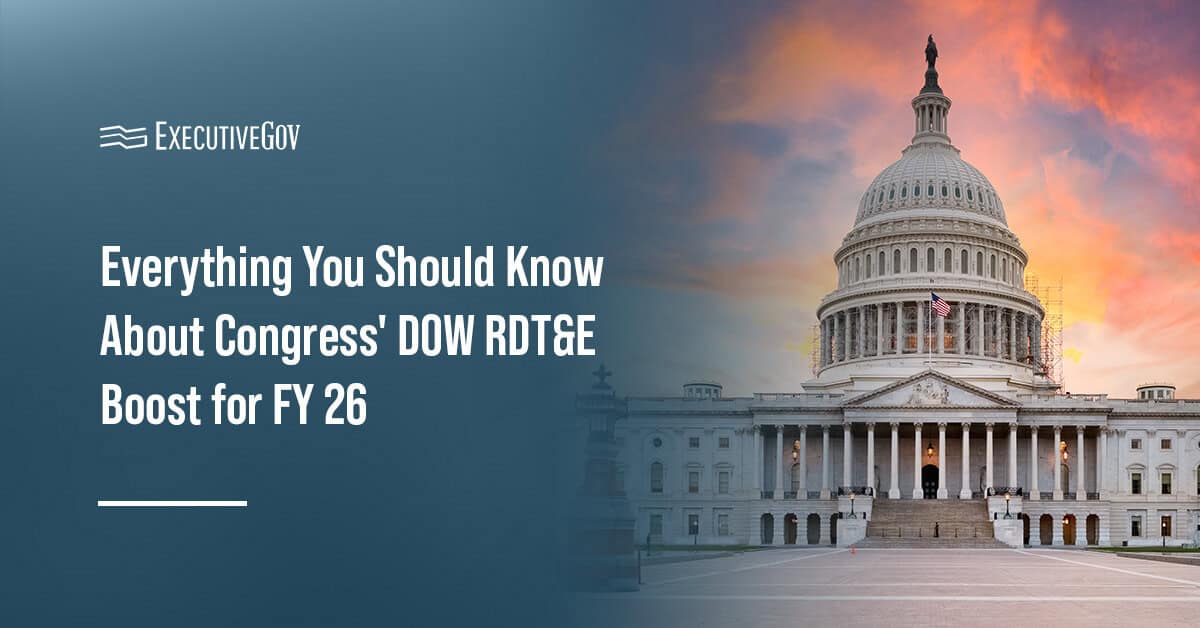
Government procurement is fiercely competitive as the government awards the most qualified companies to provide cost-effective products and services. With the Buy American Act in place, the U.S. government’s purchasing decisions are limited to American suppliers.
So, new and aspiring government contractors must know the basic federal government requirements to navigate the landscape effectively. Learn about the basic requirements for government contracts to kickstart your business
Table of Contents
What Are the Basic Requirements for Government Contracts?

Unlike commercial contracts that are governed by Uniform Commercial Code (UCC), government contracts comply with strict rules and regulations under the Federal Acquisition Regulation (FAR) and Federal Acquisition Streamlining Act (FASA).
Further, government contractors deal with federal agencies, while commercial contractors deal with private businesses.
4 Basic federal contractor requirements set by the Small Business Administration (SBA)
Register Your Business and Obtain ID Numbers
The Unique Entity Identifier is a unique alphanumeric identifier consisting of 12 characters required before bidding on a government proposal. You will get one assigned to you after registering with SAM. Before, businesses had to obtain their nine-digit DUNS number from a third-party website. In April 2022, the UEI replaced the DUNS number as the primary identification for federal awards to make it easier for entities to contract with the government.
In addition to the UEID, you must identify your North American Industry Classification System (NAICS) code to match it with your products or services. Entities may either have one to multiple codes applicable to their diverse offerings. Note that these codes often undergo revisions. You can check the latest information in the U.S. Census Bureau’s history section.
Meet Size Standards
Businesses must meet the SBA’s size standards to be qualified for contracts set aside for small businesses. The size standards include the number of employees, affiliates, and average annual receipts (AUR). Manufacturing firms with 500 employees or less and non-manufacturing entities with AUR of $7.5 million are considered small.
However, as per Title 13 Part 121.201 of the Code of Federal Regulations (CFR), exceptions vary for every industry. You can refer to the SBA’s Size Standards tool to determine if your business qualifies as small for government contracting.
Some small business programs you can be eligible for are the following:
- Small Business Innovation Research (SBIR) program
- Small Business Technology Transfer (STTR) program
- Service-Disabled Veteran-Owned Small Business (SDVOSB) program
- Historically Underutilized Business Zone (HUBZone) program
- Women-Owned Small Business (WOSB) and Economically Disadvantaged Women-Owned Small Business (EDWOSB) programs
Accomplish SAM Registration
SAM registration is important for small businesses because it helps them to expand their market share in the competitive market. This serves as the first step in engaging with the U.S. government. Think of your SAM profile as a résumé.
Provide accurate information and make it appealing with descriptive terms about your business to attract contracting officers and military and civilian government agencies. SAM registration is free. If rejected, you will receive a letter containing the reasons and instructions to resolve the issue. You can also get help from PTAC counselors.
Pass the Cybersecurity Standards
Small businesses like technology and cybersecurity firms, engineering companies, and aerospace and defense manufacturers who want to secure contracts from the U.S. Department of Defense (DOD) must prove their ability to handle sensitive information and secure their systems.
The defense department requests for a proposal have a specified level of Cybersecurity Maturity Model Certification, which can be determined as outlined in the request for information (RFI) or request for proposal (RFP).
As a starting point, entities must have at least a level 1 (foundational) CMCC certification. This was first introduced in January 2020 by the DOD and underwent significant revisions based on evaluations and feedback. In November 2021, the DOD released CMMC 2.0 to outline the significant changes to the CMMC program.
How to become a government contractor?

Before diving into becoming a government contractor, it’s essential to understand some of the basics of federal contractor requirements.
Establish a Business
The first step to starting a government contracting business is to contact your state government agency that handles corporate filings, often the secretary of state’s office or the business department. Ask for guidance from reliable business or legal advisors for valuable information regarding the different organizational structures suitable for you, such as sole proprietorship, corporation, or limited liability company.
After deciding which business type, complete the necessary documents for a local occupational license and ask an insurance agent for advice on liability policies and bonding. Then, research on how to do a business plan. The SBA provides support and resources, and universities with business schools have business incubators for entrepreneurs targeting to do business with federal agencies.
Determine What to Sell
Market research is one of the first steps before selling to the government. Utilize the online resources to determine if there is a demand for your offerings in the government sector. Only bid on products and services within your scope of work. Targeting the government market is advantageous because of the accessibility of data on federal contract awards. The Federal Procurement Data System contains contract details previously awarded to help you identify potential opportunities for your business.
Research for Contract Opportunities
Given that you are already registered as one of the federal contractors with SAM, obtained a UEID, and determined your NAICS codes, research the government opportunities that fit in your industry and look for relevant agencies. Introduce your business to procurement specialists and key personnel within such agencies to familiarize them with your company before submitting a proposal. You can find a list of agencies and their contact details at USA.gov
Use search filters for opportunities on websites such as SAM.gov, SubNet, and Dynamic Small Business Search. Filter results by posted dates and keywords and have someone check new listings weekly. You wouldn’t want to come across a perfect RFP due the next day.
Contact a Small Business Specialist
Small business specialists assist small business enterprises (SMEs) with their procurement activities by instructing how businesses should engage with federal agencies, including the requirements. They guide SMEs on set-aside programs and other accessible resources. On the other hand, larger government contractors must build connections with contracting officers and program managers to secure contracts and deliver products and services within time and budget.
Consider Subcontracting
Consider applying as a subcontractor for larger companies with a prime federal contract if your business isn’t fully prepared for direct government contracting. Build relationships with prime contractors looking for joint ventures. Subcontracting is easier as it provides references for future prime contracts and past performance. The Small Business Administration’s SubNet is a great resource for finding subcontracting opportunities.
Build a Network
Networking for federal contractors can be helpful if you want to expand your business in the government marketplace. Build relationships not only with federal agencies but also with potential teaming and subcontracting partners. Gather small businesses in your target federal agency and offer complementary products and services. During networking events, make a lasting impression in a short time. Highlight your expertise and demonstrate how your offerings can benefit your desired contractor or agency.
Have Realistic Goals
Start by setting realistic goals if you are new to the government market. It is true that aiming to win five government contracts at once can be ambitious. So, on average, companies submit up to 25 bids before winning their first project. Contract win rates for most government contractors are typically around 20-50%. You can target one or two contracts on your target niche. Working on government projects often requires operational enhancements, so avoid taking on overhead expenses too soon. Therefore, you have to learn the ropes before submitting the basic right requirements for government contracts your company had been pining for.




